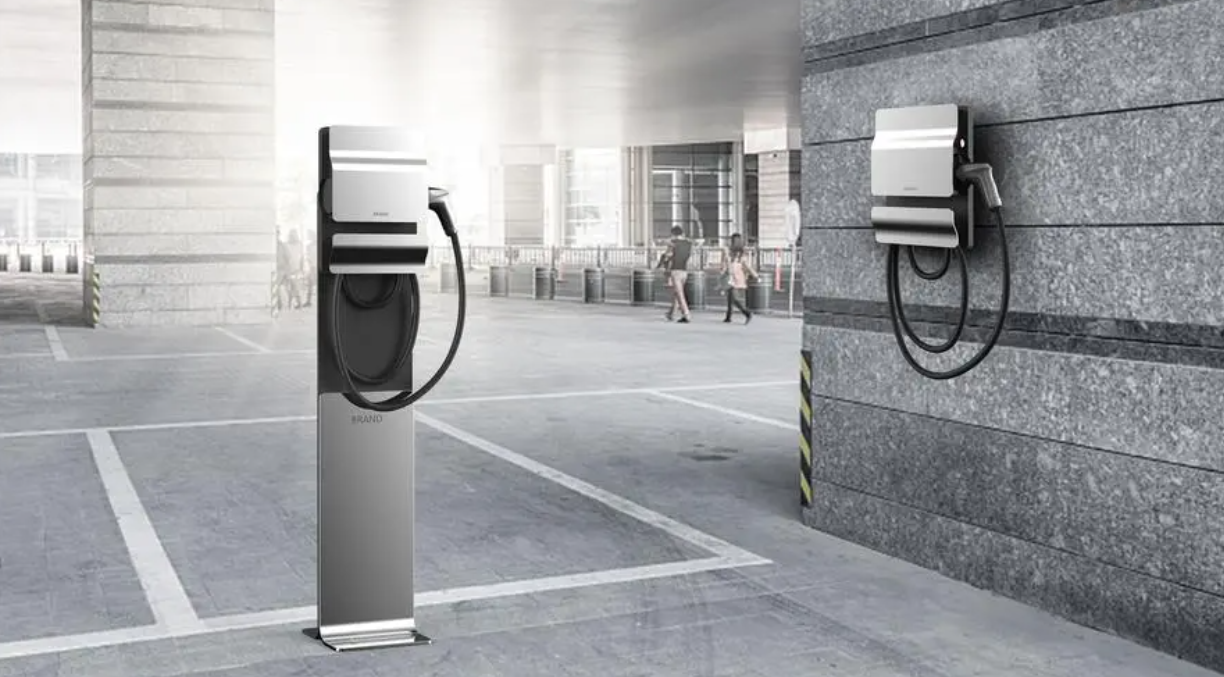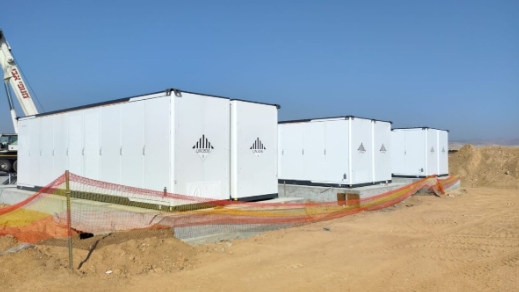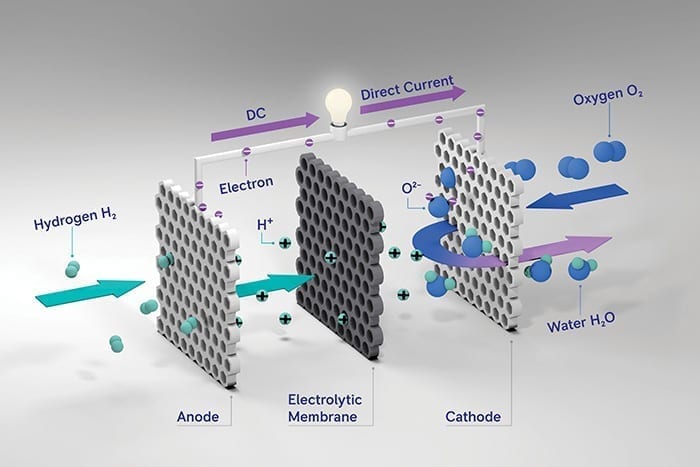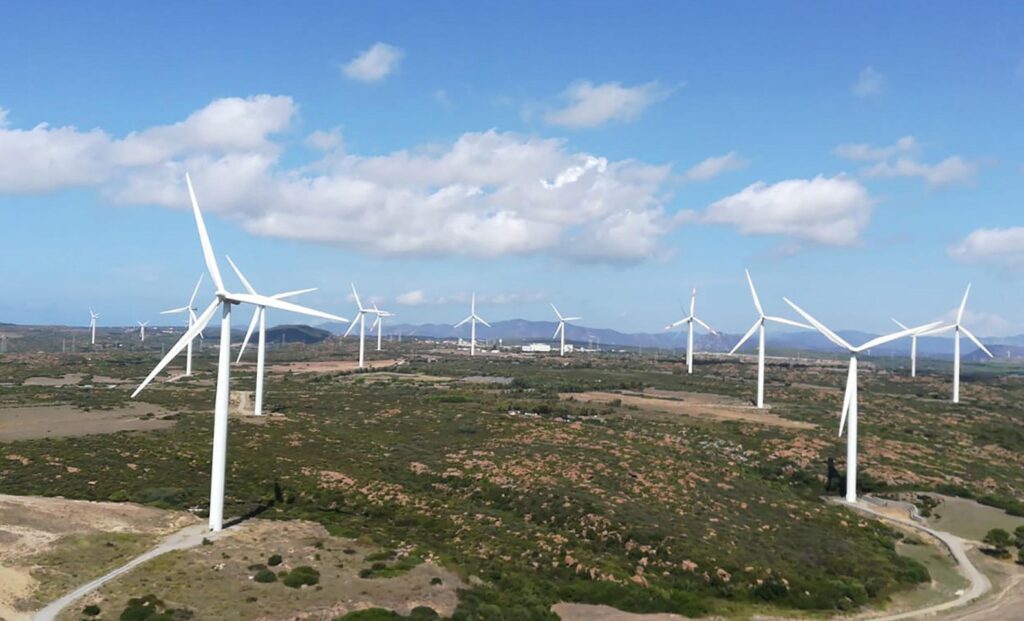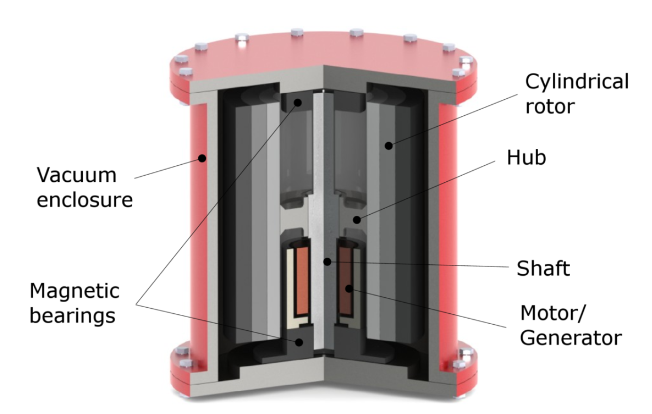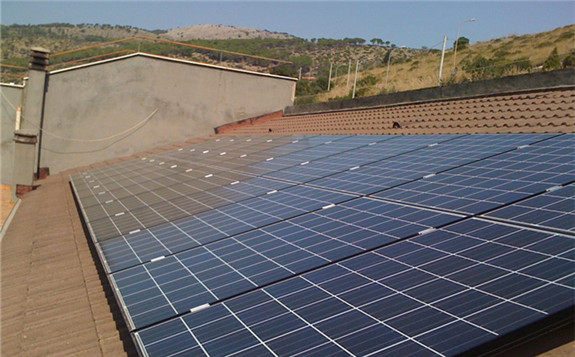Targeting to install at least 30,000 high-powered charge points in urban and highway locations, the network will provide reliability, high-powered charging capability, digital integration, appealing locations, various amenities while charging, and use renewable energy. Charging stations will be accessible to all EV customers, offering both Combined Charging System (CCS) and Tesla North American Charging Standard (NACS) connectors.
The first stations are expected to open in the United States in the summer of 2024 and in Canada at a later stage. Each site will be equipped with multiple high-powered DC chargers.
With the generational investments in public charging being implemented on the Federal and State level, the joint venture will leverage public and private funds to accelerate the installation of high-powered charging for customers. The new charging stations are expected to meet or exceed the spirit and requirements of the US National Electric Vehicle Infrastructure (NEVI) program.
The joint venture is expected to be established this year, subject to customary closing conditions and regulatory approvals.
Focused on customer comfort and charging ease, the stations will be in convenient locations offering canopies wherever possible and amenities such as restrooms, food service and retail operations either nearby or within the same complex. A select number of flagship stations will be equipped with additional amenities, delivering a premier experience designed to showcase the future of charging.
The functions and services of the network will allow for seamless integration with participating automakers’ in-vehicle and in-app experiences, including reservations, intelligent route planning and navigation, payment applications, transparent energy management and more. In addition, the network will leverage Plug & Charge technology to further enhance the customer experience.
According to the US Department of Energy, as of July 2023, there are 32,000 publicly available DC fast chargers in the United States for use by 2.3 million electric vehicles, a ratio of 72 vehicles per charger. The NREL (National Renewable Energy Laboratory) estimates that 182,000 DC fast chargers will be needed to support 30-42 million plug-in vehicles expected on the road by 2030.
With US electric vehicle sales expected to exceed 50% of total US sales by 2030, the expansion of reliable charging infrastructure will become even more critical to widespread electric vehicle adoption.
